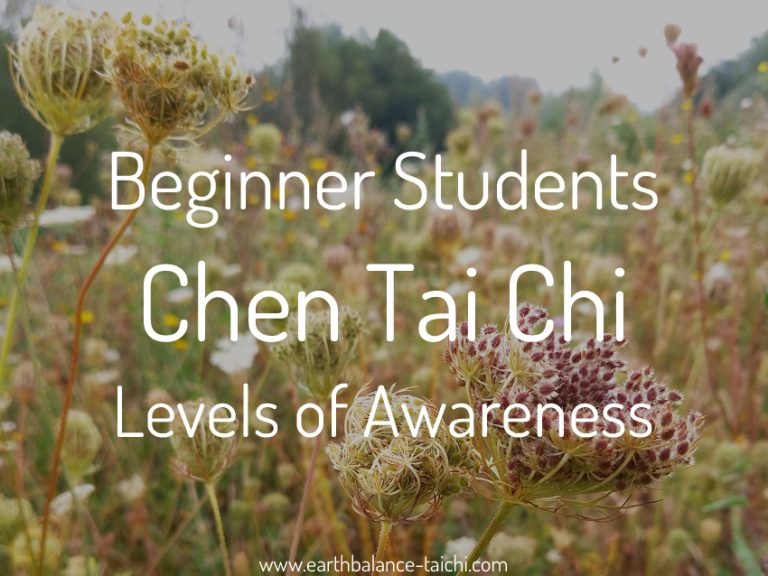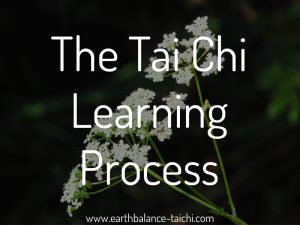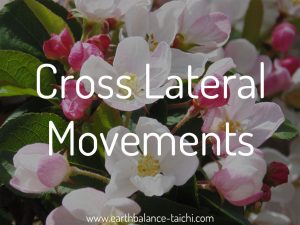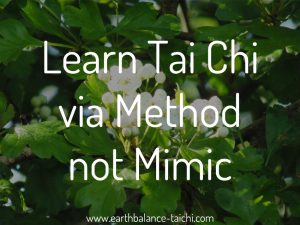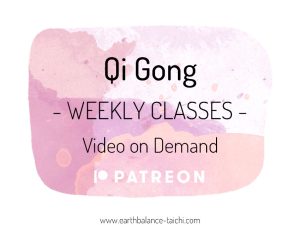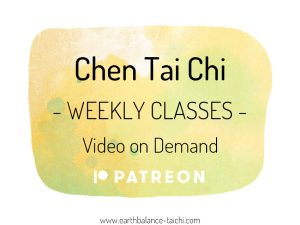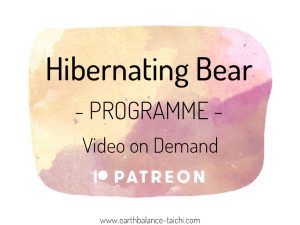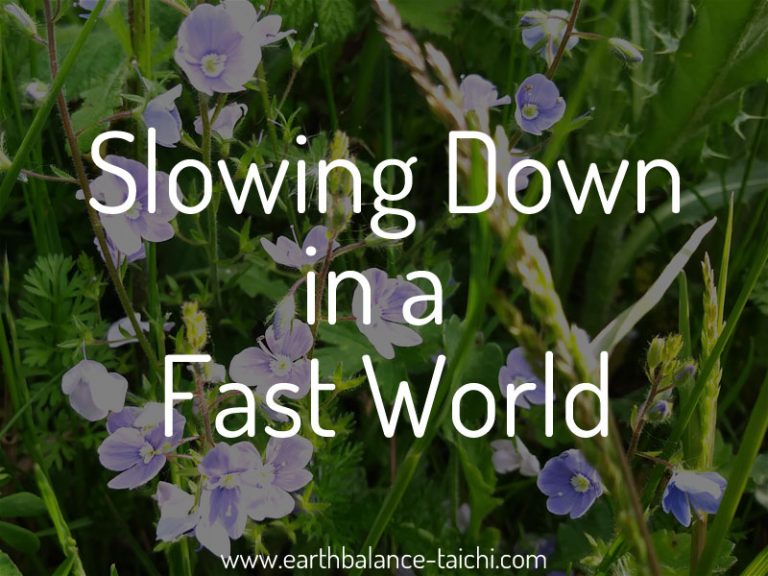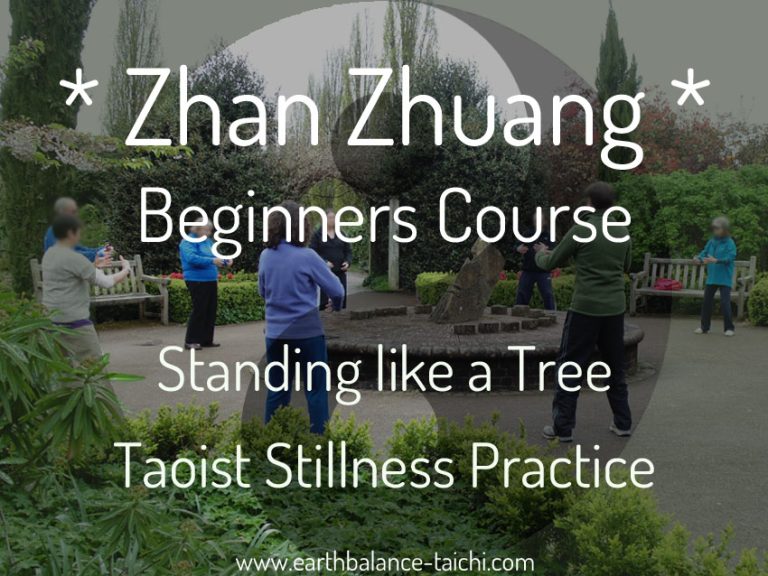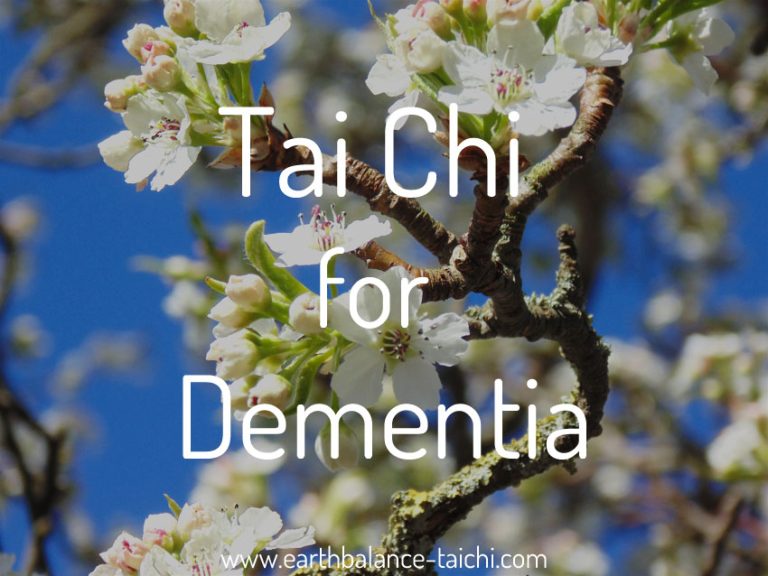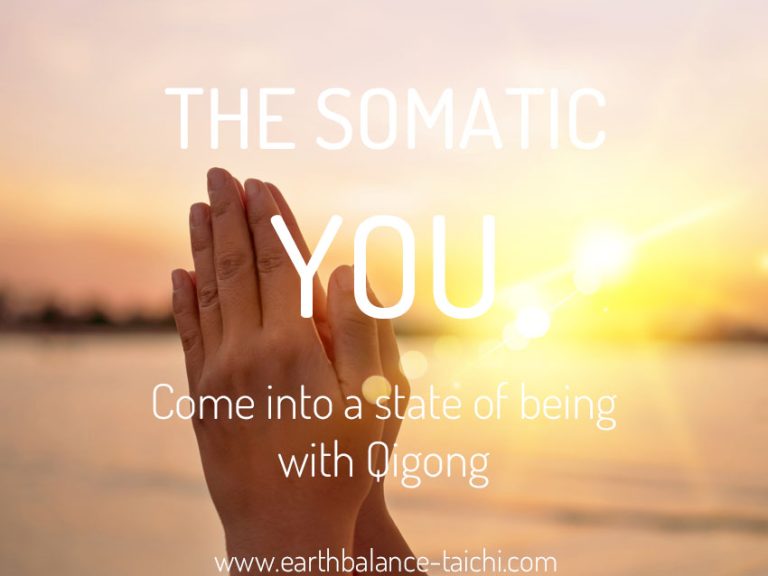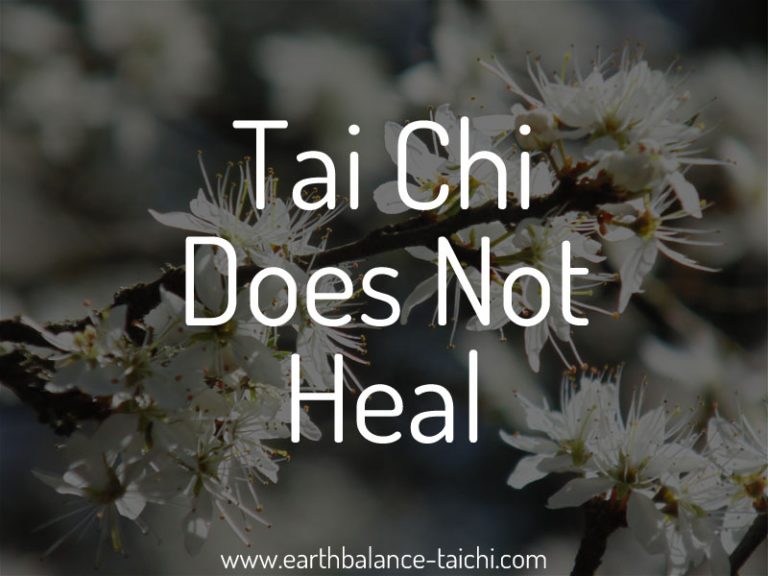Awareness in Taiji Qigong
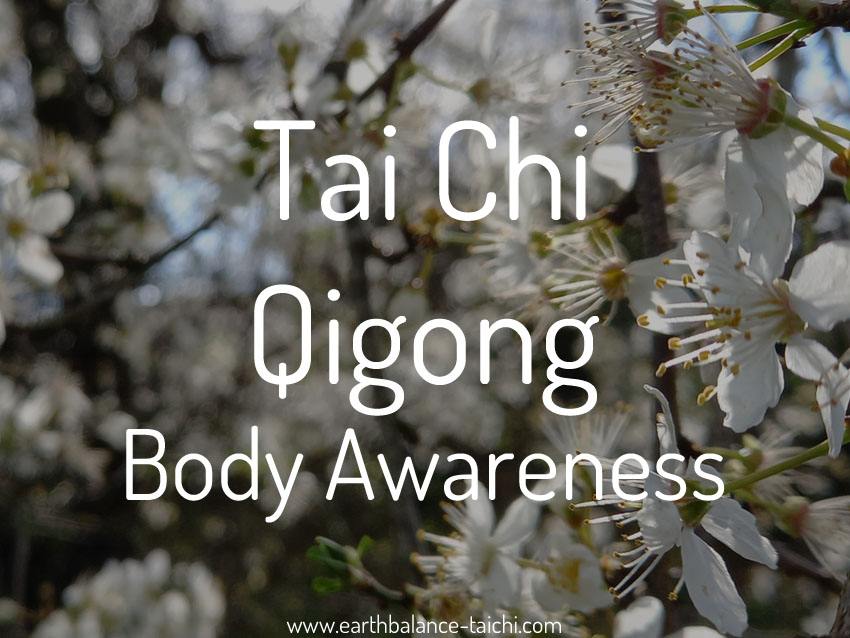
Awareness in Taiji Qigong
The fundamental concepts when training Tai Chi and Qigong are posture, awareness and breath. Awareness is an important aspect of training to explore, as you need to be present in your movements to be able to move well. Body sensitivity and sensory awareness are expressions of mindfulness, as you maintain a point of focus for a sustained period of time. Awareness can be applied to every principle and body mechanic concept in both stillness and movement within your Tai Chi and Qigong training. Including the following categories of awareness:
- Proprioception: Sensing where your body is in space in relation to itself and the space around it without using your vision.
- Kinaesthetic: Awareness of your internal body movements. Sensing what each part of the body is doing. To be able to detect motion in your own body e.g. body weight, weight shifting. To control and co-ordinate a movement. Muscle memory. To move without relying on vision.
- Postural: Awareness of your structural alignment in relation to gravity, comfort and health. Knowing whether you are aligned well or not.
- Equilibrium: Awareness of balance, stability, and groundedness in your posture in stillness and movement.
- Peripheral: Awareness of your surroundings in the outer part of your vision, when you are looking directly at something, yet aware of your outer field of view. This can also extend to sensory peripheral awareness, listening and sensing to the sides, low down, high up, and behind,
- Tactile: Using touch and feeling sensations through the skin to make sense of your environment.
- Sensory: Uses your five senses to taste, smell, touch/feel, see and listen.
- Ting Jing: Listening inwardly to body sensations and body feedback. This also applies to Tai Chi during partner work and push hands. To detect your partner's body movements and intentions.
- Emotional: Being aware of specific emotions as they come and go. Having the awareness to distinguish the base emotion over the story of the emotion.
Tai Chi and Qigong - Being Present
Grounding
Awareness training starts with grounding. This means to get out of your head and get into your body. You cannot develop awareness if you are stuck in cognitive left brain thinking, analysing, planning, learning, talking etc. There are three stages of grounding to explore:
- Ground through movement, to become aware of your physical body and structure as it moves.
- Ground through sensation, to become aware of the sensations and feedback the body signals as you move.
- Ground through breath, to become aware of the breath, the movement and sensations as you inhale and exhale.
- Ground through sensory feedback, to become aware of your hearing, sight, smell, touch, and taste as you reach these senses out into your environment.
Relaxed attention is needed, too much focus will constrict you, too little focus will cause you to gap mentally and jump out of your body once again. Become an observer, paying attention when you are aware and also when you gap and become distracted.
Gapping is natural, we are so used to being up in our heads most of the time and our minds are designed to multi task. Yet, with a fast paced life, it can get harder and harder to focus one one thing for a sustained period of time. Think of scrolling on social media or half listening when in conversation. What has your full attention in life? And what happens when you do not train awareness as a skill? Your skills fade and it becomes harder to stay present.
When you become distracted during your Tai Chi and Qigong practice, without stopping or interrupting, bring the mind back into the body. Return to awareness. Avoid letting distraction take over. The thoughts and feelings will try to drag you along and out of yourself, returning to a left brain activity. The left brain will always try and take control as it tends to be dominant, and every few minutes it wants dominant attention. Instead, gently acknowledge the distraction, release any judgement you have on becoming distracted, and gently return awareness to the body.
Forcing Awareness
Release the mind from expectations and release yourself from the pressure to perform. Come with an empty cup to your training. This means to avoid preconceptions and prescribing. If you force awareness to feel a certain way or try to force yourself to replicate the image of someone else's awareness experience, this is not authentic. Let your awareness come to the surface naturally. Set your thinking brain aside, set the choreography aside, and set your thoughts about how you are performing aside. Simply be aware as you move and breathe. Move for the experience, not the results. And as my teacher says, be in your body for the sake of being in your body.
Pausing
The power of pausing. My Taoist teacher Casey Kochmer calls a single movement of pause a micro meditation. Pausing is part of awareness training as it creates space to become aware. I teach pausing as part of the heavenly breath Qigong exercise to demonstrate how the body responds. Pause at the end of the exhale, when the body is in the yin stage. Listen to the body settling , find a moment of sensitive silence, and observe the body at peace in that moment. This is neutral. Foster moments of pause in your daily life to develop awareness, to ground and to bring yourself back into your body.
Over Time
Developing awareness and sensitivity is like changing gears on a bicycle, as you move into a different groove. You get out of your head. You step aside from yourself. It may feel challenging at first until you become familiar with the new gear. When the gear is oiled by continual practice, this is where ease is found. In your Tai Chi and Qigong practice, spend time developing body awareness as you move. Notice when distractions lessen and a gentle focus is easier to maintain. Your Tai Chi and Qigong practice is a training ground for your life, notice how becoming aware positively influences other areas of your life. Worth the effort. Read more about the stages of body awareness as a beginner Tai Chi student.
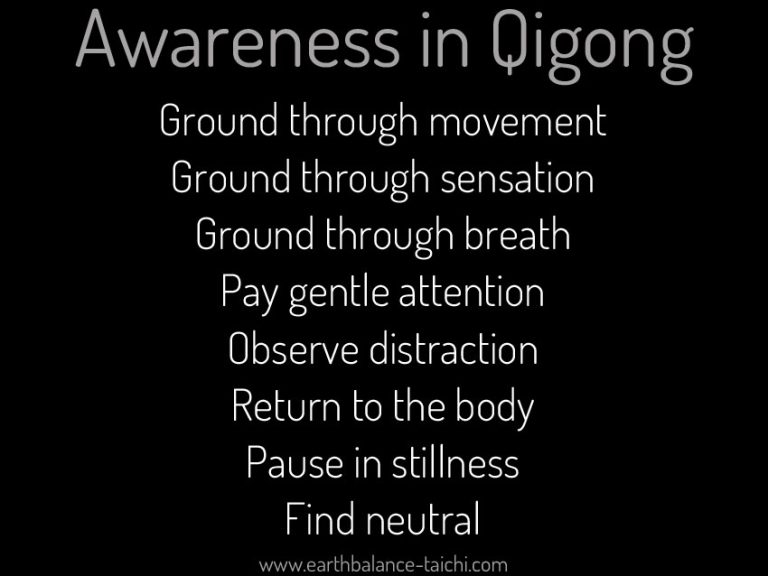
Tai Chi and Qigong - Body Awareness
Posture, Structure, Alignment
The go to body awareness skill! To foster a well aligned, rooted, relaxed, and ready structure. New students who do not have a regular movement practice in their routine, may come to Tai Chi and Qigong class being totally in their head and disconnected from the neck down. They may never have thought about motor functions, body movements, range of motion, coordination, habitual posture, flexibility and pliability etc. Which means their posture is likely to be poor, their joints and tissues are likely to tense and tight, and their movements are likely to be wooden, disconnected, seemingly uncontrollable, exaggerated, quick, uncoordinated etc. Tai Chi and Qigong take us out of our comfort zone, away from the patterns of movement we normally make, and start re-wiring our structures little bit, by little bit. It's a long process to re-pattern habits. Imagine how much freedom there is when you are completely aware of your whole body as you move through complex choreography. To know every foot placement, hand position, joint location without looking. To be balanced, stable, supported and confident in your movements. To sense and feel into every part of the body everywhere at once, not through cognitive thinking and analysing, through your felt sense and mind's eye. Imagine what it feels like to move well like that into your senior years. Worth every moment of effort.
Interactive Awareness
Listening to the body with all of your senses to observe interactions. An example of this is when lengthening your arms, to stay within Tai Chi and Qigong principles, you don't want to lock the joints and crash into tension or discomfort with a full stretch. You also don't want to have soft and collapsed arms, like noodles. Instead, to come into the animal 'cat like' body (pandiculation), you want to feel through your muscles and tissues as you lengthen. To then be responsive to your own unique baseline, to lengthen up to your soft limit or appropriate edge, to give your muscles and tissues slight challenge to help them mobilise, but without moving into tension, discomfort or pain, which only fosters more tension, discomfort and pain, along with the freeze response. You are looking for appropriate lengthening within your body so the soft tissue can remain elastic, pliable, relaxed, and with a rebounding quality. This requires a certain amount of time and effort to develop the skill of cultivated awareness, felt sense listening, adaptiveness, and finding balance between pliability and tension. Every body is different, the shapes they make with the arms to lengthen will be different. This is not about what it looks like and making shapes that copy your teacher, it's about how it feels within the internal body, a somatic experience of moving with awareness.
In Qigong, we can take this one step further and feel into sensations within the body, as well as within our surroundings as we move. This brings us fully into the right brain experience, and is a great way to shift from busy and demanding left brain lives, to a centred, grounded, relaxed and ready state. Feel into the surface of the skin across your whole palm and sense body sensations. Gently reach and extend your fingers out. Imagine long whiskers extend from your fingertips to the horizon. Your whiskers can sense into the land and sky as they reach out, feeling across the landscape, and sensing into the aliveness of the day. From the sunshine, the wind, the rain, the warmth, the cold, and the season. Imagine that you can taste or sip through your whiskers, sensing in to the land and sky. Not forcing a result, simply feeling into what is, and without anticipation, perhaps a little of what if.
Breath Work
Become aware of how you are breathing currently. Feel into the interactions between the breath and the torso, whether sensations from the movement within the trunk, or the sensations from the air passing through the breath canal, or the activation and release of the muscles and soft tissue, to the bones gently moving and expanding, whether the ribs, lower back, or chest, to the sensations in the throat or sinuses. What can you feel? Are you breathing quickly, shallowly, or slowly and deeply? Where is the breath? What sound does it make? Breath awareness and conscious breath work are important aspects of Tai Chi and Qigong training. To learn to breathe better, to regulate the breath, to be able to coordinate the breath with movement, and learn breath work techniques whether in a seated, lying down practice, or moving. A single inhale and exhale can absorb all of your attention.
